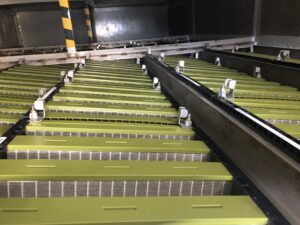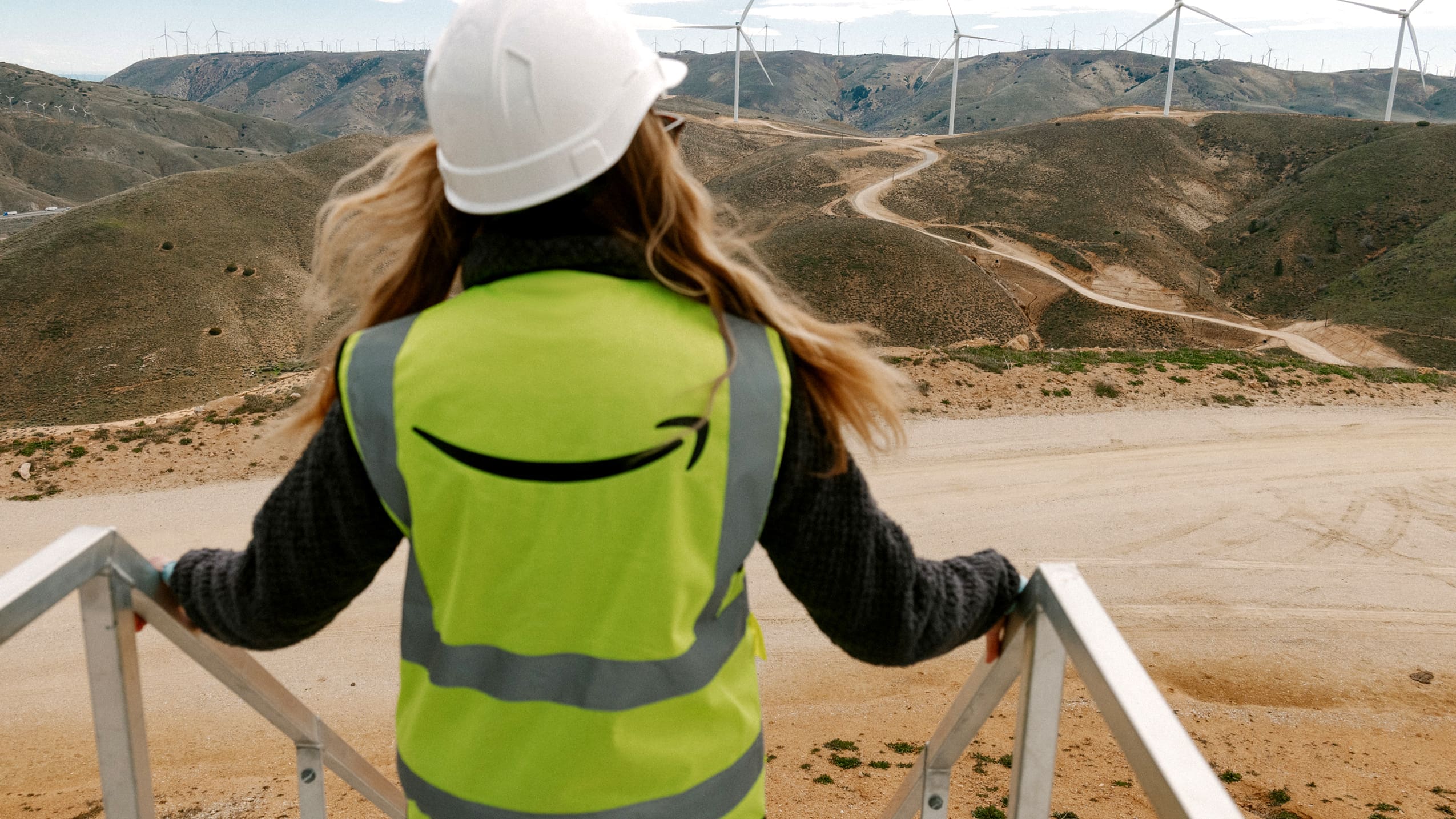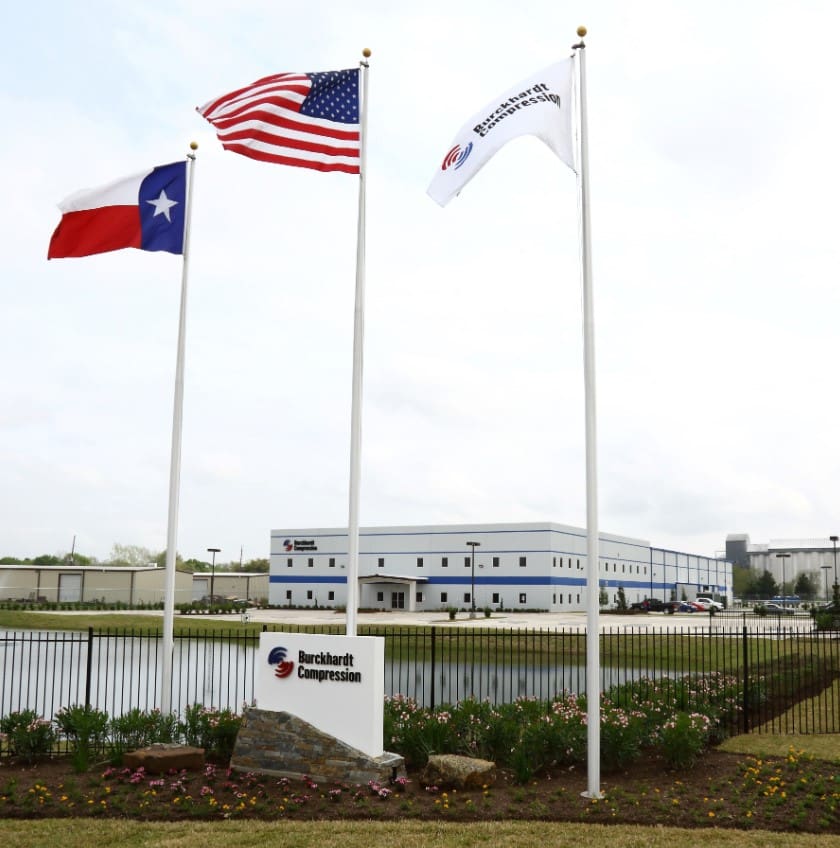
In August 2021, Parker Hannifin announced the goal to achieve carbon neutral operations by 2040. In 2022, the company established a year-on-year emissions reductions target of 3% from a 2019 benchmark. Parker Hannifin is already seeing substantial savings from its carbon reduction strategy. Parker Gas Turbine Filtration slashed emissions by 13% in the first year under its enhanced environmental, social, and governance (ESG) plan. To track its progress, the company created performance metrics for each individual division.
Parker Hannifin’s progress showcases that simple solutions can go a long way. For example, it installed a new roof at its manufacturing facility in Alton, England. The new roof, paired with a secondary layer to the existing roof, reduced gas and energy consumption and improved the building’s overall energy efficiency. Energy efficiency is a central theme of the company’s annual “energy treasure hunt.” These three-day events are undertaken at each location and aim to identify operational energy efficiency improvements across the entire portfolio. Energy usage reductions implemented so far include voltage optimization, finding and addressing compressed air system leaks, as well as changing all the lighting in Parker’s Alton and Slater facilities to LEDs using PIR detectors to reduce waste.

“We’re very proud of the progress we have made in improving energy efficiency and reducing emissions in just one year,” said Timothy A. Ajayi, division engineering and quality manager at Parker Gas Turbine Filtration Group. “We have a long way to go to reach net zero, but our results demonstrate what can be achieved with a concerted company-wide effort. We look forward to continuing our energy performance journey in years to come.”
Some of the energy efficiency improvements also extend to the filter manufacturing process itself, with tightly controlled temperatures for glue points and using automatic timers rather than working 24 hours a day, as was the case previously. Lowering the set point on air compressors so they work optimally has also resulted in savings. Energy monitoring and data loggers across the distribution system allows Parker Hannifin to identify where savings may be achieved in the future.
The company’s emissions baseline in 2019 was around 1.04 million tons (946,000 tonnes) of carbon dioxide equivalent (CO2e) across the division. The policy was introduced at the start of the last financial year in July 2022 and for 2023, the first year of implementation of the strategy, that figure was already down to 907,202 tons (823,000 tonnes) CO2e, about a 13% reduction.















